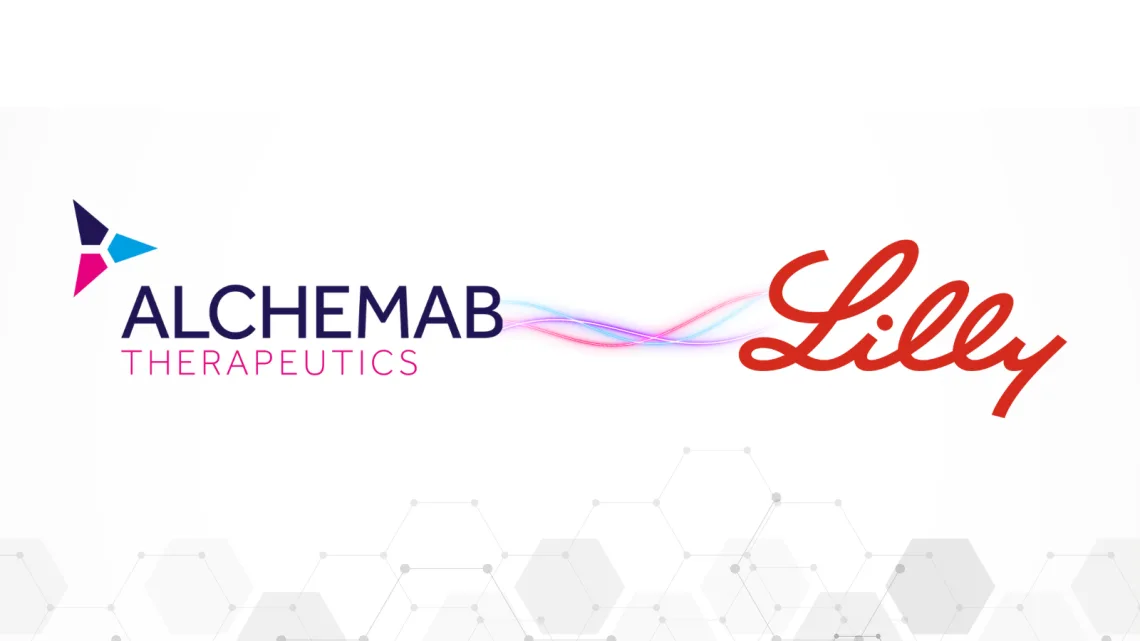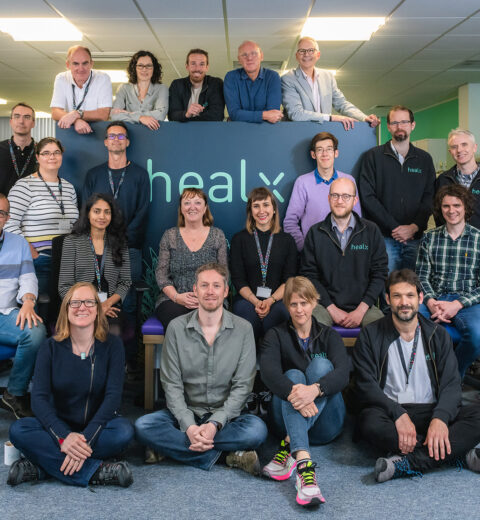
Cambridge-based Alchemab Therapeutics has signed a licensing agreement with Eli Lilly and Company for its investigational neurodegeneration programme, ATLX-1282, in a deal worth up to $415 million.
The agreement grants Lilly rights to develop and commercialise the candidate following early-stage clinical trials, which will be led by Alchemab. Financial terms include an undisclosed upfront payment, potential development and commercial milestones, and royalties on any eventual sales.
ATLX-1282 is Alchemab’s first clinical candidate to emerge from its platform, which identifies protective antibodies found in individuals who, despite genetic risk, do not develop severe diseases. In this case, the antibody target was uncovered through samples from individuals with inherited mutations associated with frontotemporal dementia (FTD) who remain symptom-free into old age. The discovery was made in collaboration with the GENFI consortium, which maintains the largest global cohort of FTD patients.
Starting from the antibody sequence, Alchemab mapped a previously unexplored receptor and demonstrated its role in neuroprotection, with relevance to both FTD and amyotrophic lateral sclerosis (ALS). The compound is expected to enter Phase 1 trials later this year.
Dr Jane Osbourn, Alchemab’s Chief Executive, described the deal as a “landmark moment” for the company and a validation of its platform, which combines AI-driven antibody sequencing with traditional protein science and proprietary patient datasets.
“With Lilly’s deep expertise in neurodegeneration, this partnership significantly accelerates the path to patients for what we believe is a promising, first-in-class candidate,” she said. “It also affirms the potential of our approach to identify disease-modifying targets from naturally occurring resilience.”
The transaction builds on an earlier research collaboration announced in January, under which the two companies are jointly developing up to five new therapies for ALS.
Alchemab, which has become a prominent player in resilience-based drug discovery, said proceeds from the deal would support the advancement of its wider pipeline, which includes programmes in oncology, immunology, and metabolic disease.
Cambridge-based Alchemab Therapeutics has signed a licensing agreement with Eli Lilly and Company for its investigational neurodegeneration programme, ATLX-1282, in a deal worth up to $415 million.
The agreement grants Lilly rights to develop and commercialise the candidate following early-stage clinical trials, which will be led by Alchemab. Financial terms include an undisclosed upfront payment, potential development and commercial milestones, and royalties on any eventual sales.
ATLX-1282 is Alchemab’s first clinical candidate to emerge from its platform, which identifies protective antibodies found in individuals who, despite genetic risk, do not develop severe diseases. In this case, the antibody target was uncovered through samples from individuals with inherited mutations associated with frontotemporal dementia (FTD) who remain symptom-free into old age. The discovery was made in collaboration with the GENFI consortium, which maintains the largest global cohort of FTD patients.
Starting from the antibody sequence, Alchemab mapped a previously unexplored receptor and demonstrated its role in neuroprotection, with relevance to both FTD and amyotrophic lateral sclerosis (ALS). The compound is expected to enter Phase 1 trials later this year.
Dr Jane Osbourn, Alchemab’s Chief Executive, described the deal as a “landmark moment” for the company and a validation of its platform, which combines AI-driven antibody sequencing with traditional protein science and proprietary patient datasets.
“With Lilly’s deep expertise in neurodegeneration, this partnership significantly accelerates the path to patients for what we believe is a promising, first-in-class candidate,” she said. “It also affirms the potential of our approach to identify disease-modifying targets from naturally occurring resilience.”
The transaction builds on an earlier research collaboration announced in January, under which the two companies are jointly developing up to five new therapies for ALS.
Alchemab, which has become a prominent player in resilience-based drug discovery, said proceeds from the deal would support the advancement of its wider pipeline, which includes programmes in oncology, immunology, and metabolic disease.





